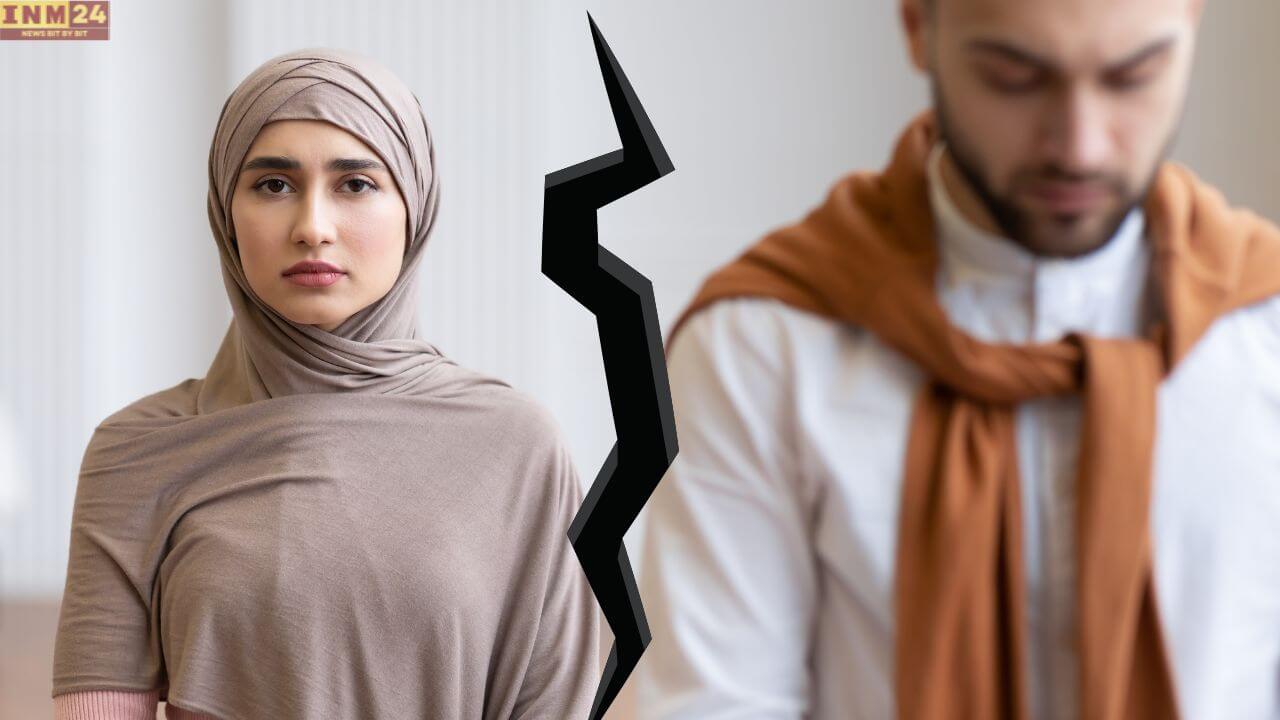In a bizarre incident from Gonda, Uttar Pradesh, a Muslim woman has accused a man of orchestrating a series of distressing events, including the controversial practice of Halala, after giving her triple talaq twice.
Allegations of Halala and Divorce
A startling case has emerged from Gonda, where a Muslim woman alleges that a man, identified as Tasawwur alias Bechai, performed Halala with her under the guise of a compromise and later divorced her for the third time. This incident has led to legal action, with a case filed against Bechai and five others, including the woman’s husband.
Marriage and Shocking Revelations
The 23-year-old woman, residing in a village under the Kotwali police jurisdiction in Gonda, got married to Tasawwur, also known as Bechai, in a ceremony held on September 25. After starting to live with her husband, she discovered that he was already married and had five children. Shockingly, her husband denied these allegations. Furthermore, she claimed that he demanded ₹50,000 in cash and a motorcycle from her and her family.
Disturbing Sequences of Events
After facing refusals from her mother to pay the demanded dowry, the accused husband resorted to physical abuse, eventually uttering triple talaq and driving her out of their home. Following this, he demanded Halala, insisting that she spend two days with his brother-in-law, Nizam. After reluctantly agreeing, the woman claims she was subjected to sexual assault during this period.
Abortion and Expulsion
Upon returning, the victim alleges that her husband forced her to undergo an abortion and subsequently divorced her for the third time. In response, she filed a complaint against six individuals, including her husband, brother-in-law Nizam, and in-laws.
Legal Proceedings and Investigation
The police in the Kotwali area have registered a case against the accused under various sections, including 498A, 323, 504, 506, and sections related to dowry and Muslim marriage laws. The case is under investigation, with the police collecting evidence to ascertain the veracity of the victim’s claims.
This shocking incident sheds light on the misuse of religious practices and the vulnerabilities faced by women in such situations. As the legal proceedings unfold, this case calls for a closer examination of the complexities surrounding marital practices and the need for safeguarding the rights and well-being of individuals involved.
